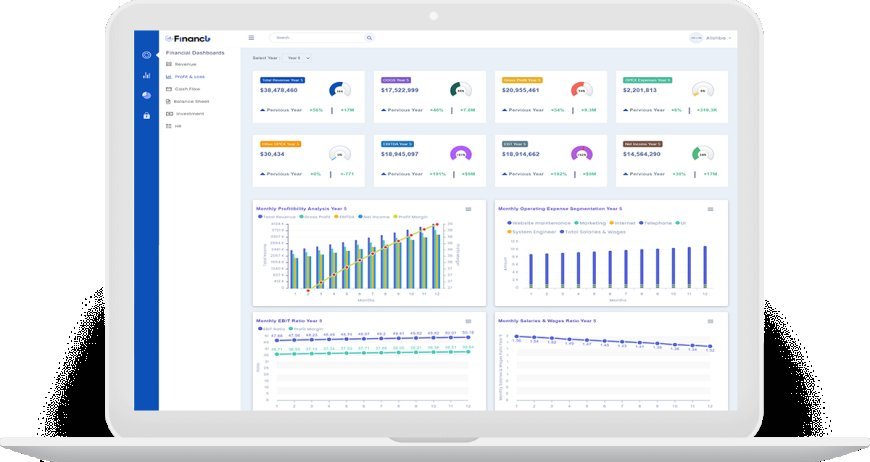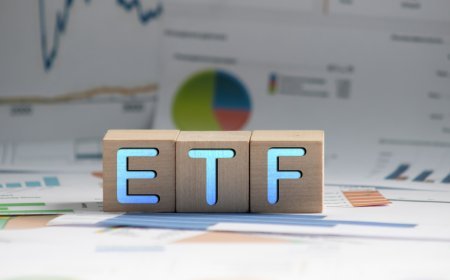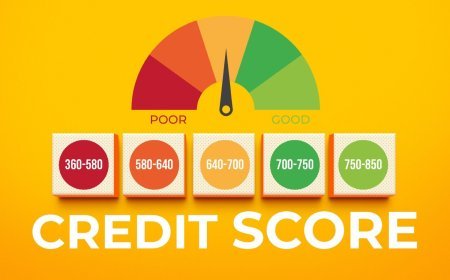Best Personal Finance Software for Small Business Owners
Discover the top personal finance and accounting software options for small business owners to manage both business and personal finances effectively.

Small business owners face unique financial management challenges, needing to track both personal and business finances while maintaining proper separation for tax and legal purposes. The right combination of personal finance and business accounting software can streamline financial management, improve tax preparation, and provide insights for better business decisions.
QuickBooks remains the gold standard for small business accounting, offering comprehensive features for invoicing, expense tracking, payroll management, and tax preparation. QuickBooks Simple Start ($15 monthly) handles basic invoicing and expense tracking, while QuickBooks Plus ($45 monthly) adds inventory management and project tracking. QuickBooks Advanced ($100 monthly) includes advanced reporting and custom fields for larger businesses.
Xero competes directly with QuickBooks through cloud-based accounting software designed for small businesses. Xero Early ($13 monthly) supports basic invoicing for new businesses, Xero Growing ($37 monthly) adds bills and bulk reconciliation, and Xero Established ($70 monthly) includes multi-currency and expense claims. Xero's strength lies in its intuitive interface and strong third-party integrations.
FreshBooks focuses on service-based businesses with excellent time tracking, project management, and client communication features. Plans range from FreshBooks Lite ($17 monthly) for solopreneurs to FreshBooks Premium ($55 monthly) for larger teams. The platform excels at invoicing and client relationships but may lack features needed by product-based businesses.
Wave Accounting offers completely free basic accounting software supported by advertising and paid add-on services. The free platform includes invoicing, expense tracking, and basic reporting, making it attractive for cash-strapped startups. Wave charges for payroll services and payment processing but provides core accounting features without monthly subscription costs.
YNAB (You Need A Budget) serves small business owners who want to apply zero-based budgeting principles to both personal and business finances. While not traditional accounting software, YNAB helps business owners maintain cash flow awareness and plan for business expenses. The $14.99 monthly cost is reasonable for comprehensive budgeting across multiple financial areas.
Mint Business (discontinued but worth mentioning alternatives) highlighted the need for simple business expense tracking. Current alternatives include Expensify for expense management, Receipt Bank for receipt organization, and various banking apps that categorize business transactions automatically.
Integration between personal and business financial management requires careful planning to maintain proper separation while achieving efficiency. Many business owners use separate instances of the same software platform or choose complementary platforms that can share data appropriately while maintaining distinct records.
Tax preparation considerations significantly influence software choice for small business owners. Business accounting software should integrate with tax preparation software or provide adequate reporting for accountant use. Schedule C businesses need detailed expense categorization, while more complex business structures require sophisticated reporting capabilities.
Expense tracking represents a critical feature for small business owners who need to separate personal and business expenses for tax purposes. Look for software that allows receipt capture, automatic categorization, mileage tracking, and easy separation between personal and business transactions. Mobile apps with camera features simplify expense documentation.
Invoicing and payment processing capabilities can significantly impact cash flow for service-based businesses. Evaluate software based on invoice customization options, automated payment reminders, online payment processing integration, and multi-currency support if applicable. Some platforms charge additional fees for payment processing that should factor into total cost calculations.
Reporting and analytics help small business owners understand financial performance and make informed decisions. Look for platforms that provide profit and loss statements, cash flow reports, balance sheets, and tax-ready reports. Advanced features might include custom reporting, budget vs. actual comparisons, and trend analysis over time.
Payroll management becomes important as businesses grow beyond solopreneurs. Some accounting platforms include payroll features, while others integrate with specialized payroll services. Consider future payroll needs when choosing software, as switching platforms later can be disruptive and time-consuming.
Inventory management requirements vary dramatically between business types. Retail and product-based businesses need robust inventory tracking with cost of goods sold calculations, while service businesses may need only basic asset tracking. Ensure chosen software adequately handles your specific inventory needs.
Collaboration features matter for businesses with multiple team members, accountants, or bookkeepers. Look for platforms that support multiple user access levels, audit trails for changes, and easy sharing with tax professionals. Cloud-based platforms typically offer better collaboration capabilities than desktop software.
Security considerations are paramount when managing business financial data. Evaluate platforms based on data encryption, backup procedures, user access controls, and compliance with relevant security standards. Avoid platforms with poor security track records or inadequate data protection measures.
Scalability should influence software choice even for current small businesses. Consider whether the platform can grow with your business, support additional features as needed, and handle increased transaction volumes. Switching accounting software as businesses grow can be expensive and disruptive.
Implementation strategies for small business owners include starting with essential features and gradually adding complexity, maintaining consistent data entry procedures, establishing regular financial review schedules, and ensuring proper backup procedures for financial data. Train all users on proper software usage to maintain data integrity.
Cost management for software subscriptions requires evaluating total costs including base subscriptions, add-on features, payment processing fees, and integration costs. Some businesses benefit from higher-tier plans that include features purchased separately elsewhere, while others save money with basic plans supplemented by specialized tools.
Professional support availability varies between platforms and can be crucial during tax season or when facing complex transactions. Evaluate customer support quality, availability of professional bookkeeping services, and integration with local accounting professionals when choosing business financial software.
The optimal approach for most small business owners involves using dedicated business accounting software for company finances while maintaining separate personal finance management tools. This separation simplifies tax preparation, ensures legal compliance, and provides clearer insights into both personal and business financial health.
What's Your Reaction?
 Like
0
Like
0
 Dislike
0
Dislike
0
 Love
0
Love
0
 Funny
0
Funny
0
 Angry
0
Angry
0
 Sad
0
Sad
0
 Wow
0
Wow
0











































